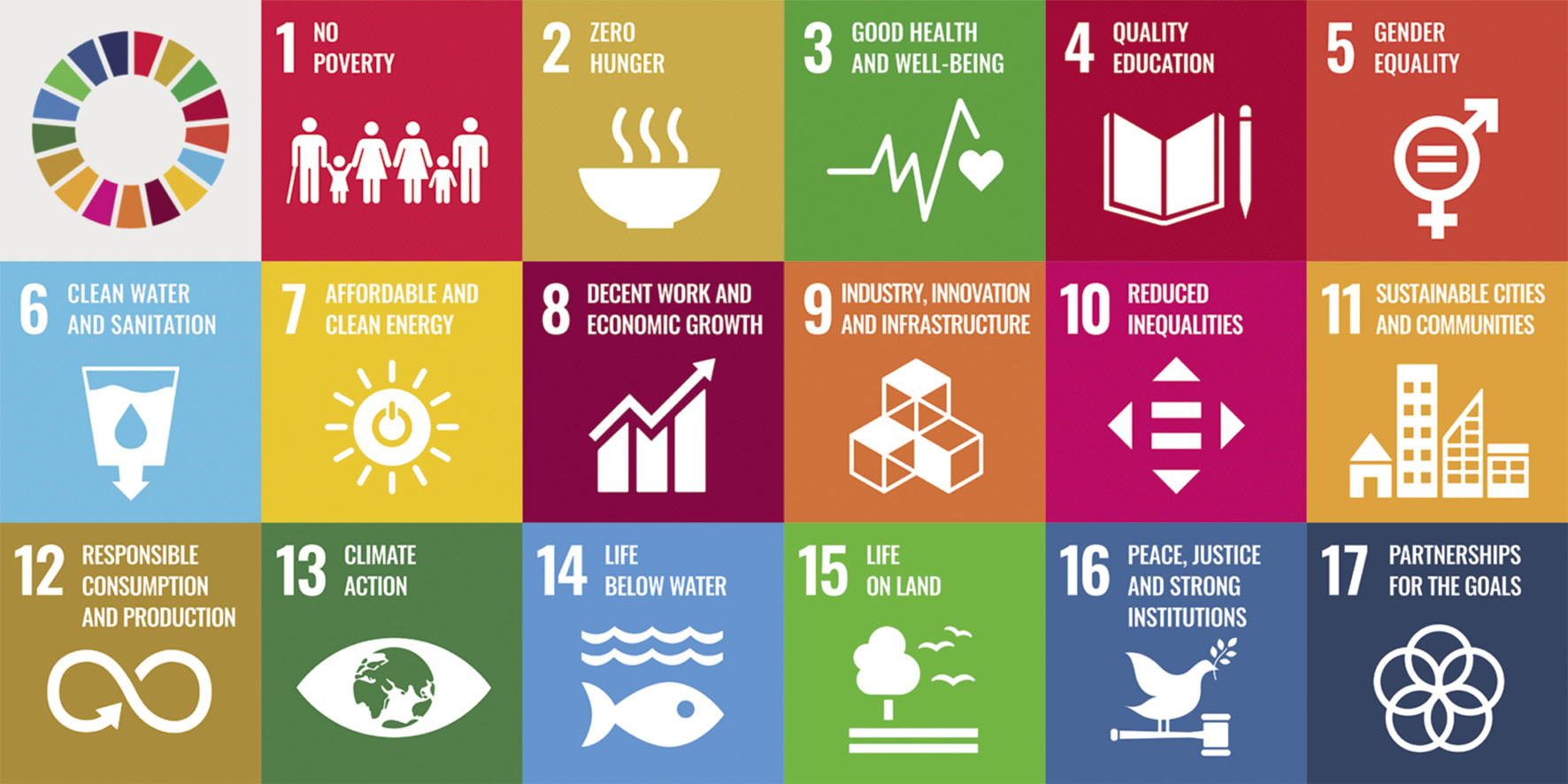The pandemic is much more than a health crisis: it is a socio-economic crisis, a humanitarian crisis, a security crisis, and a human rights crisis
Georgia, like the rest of the world, has faced major challenges in the year that we have been living with COVID-19. The global pandemic is much more than a health crisis: it is a socio-economic crisis, a humanitarian crisis, a security crisis, and a human rights crisis. It has affected all of us as individuals, and as members of families, communities and societies. The pandemic has also exposed fragilities and societal fault lines within and among countries, and exacerbated the marginalization of people who were vulnerable to poverty and discrimination before the coronavirus crisis.
In 2021, Georgia has continued efforts to shield its people from the worst impacts of the COVID-19 pandemic and has started down the road to recovery in conditions of great uncertainty about the future. Understandably, much attention is focused on reviving economic growth, in particular, in the sectors that were hardest hit by the pandemic. Now is the time to decide if the country will use the disruption to build forward better or to simply prioritize getting the economy back on familiar tracks as fast as possible.
In its response to the pandemic, Georgia has seen and experienced first-hand the benefits of social solidarity
How can the Sustainable Development Goals (SDGs) help navigate this complex situation? The SDGs of the 2030 Agenda have already been designed as a blueprint to achieve a better and more sustainable future for all. In this framework, economic growth is not an end goal, but one of the means towards greater, more equal opportunities and enhanced well-being for everyone. It encompasses concrete, measurable and interconnected targets on poverty reduction, gender equality, education, health, decent work, climate action, peace, justice and other areas.

Enabling green transformation of the economy and developing human capital should fare high on all our agendas
In its response to the pandemic, Georgia has seen and experienced first-hand the benefits of social solidarity. We are convinced that the same spirit should guide a recovery that spreads the benefits of the economic rebound and leads the economy and society to a sustainable, inclusive, and equitable future that provides new opportunities to all people in Georgia. Such recovery should include concrete steps to protect and empower those who have so far often been left behind in Georgia’s development pathway: women, youth, older persons, subsistence farmers and informal sector workers, national and religious minorities, persons with disabilities, people living in conflict-affected areas, migrants and asylum-seekers, and persons of non-dominant sexual orientation or gender identity. Beyond re-envisaging Georgia’s economic development pathway, achieving these goals will require continued progress in rule of law and democratic governance. Bridging rural-urban divides and implementing the decentralization agenda will also need to be a key concern. Promoting gender equality and ending violence and harmful practices against women and children, and effectively upholding human rights for all are further essential ingredients for success.
Ultimately, creating a better future for the people of Georgia and building national competitiveness and resilience will require a long-term vision and decisive action to tackle inequalities. Additionally, enabling green transformation of the economy and developing human capital should fare high on all our agendas if we want to foster inclusive technological transformation and ensure that Georgia is a place where all people are safe, free, respected and empowered to actively contribute to the country’s development trajectory. The United Nations pledges our support to these efforts and will continue working with all counterparts towards achieving the Sustainable Development Goals as part of the recovery efforts in Georgia.
By Dr. Sabine Machl*
*Sabine Machl is the UN Resident Coordinator, who leads the UN Country Team in Georgia and coordinates all UN operations at the country level.














